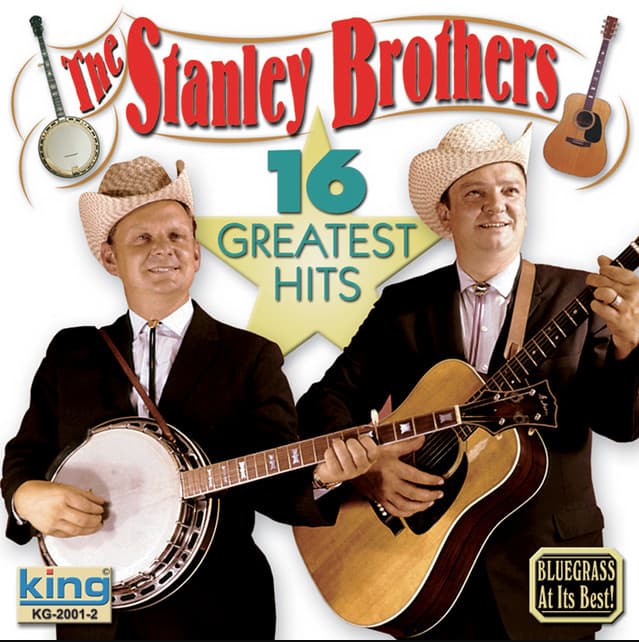
The Stanley Brothers – Mountain Dew: A Spirited Anthem of Appalachian Heritage
In the verdant hills and rugged landscapes of Appalachia, where the air is crisp and the mountains hold secrets as old as time itself, The Stanley Brothers crafted an enduring musical legacy with their timeless classic, “Mountain Dew.” Released in the mid-20th century, this song quickly resonated with audiences, capturing a unique blend of humor, tradition, and a nod to the spirited culture of moonshining. Though it may not have climbed the commercial charts like contemporary pop hits of its era, “Mountain Dew” carved its own niche, becoming a beloved staple in the bluegrass community and beyond.
The origins of “Mountain Dew” are steeped in the rich tapestry of Appalachian folklore. Written by Bascom Lamar Lunsford in 1928 and later popularized by The Stanley Brothers, the song is an ode to the clandestine practice of distilling homemade whiskey – a craft that was both a livelihood and a cultural hallmark for many living in these remote regions. This spirited beverage, colloquially known as “mountain dew,” was more than just a drink; it was a symbol of resilience and ingenuity amidst the economic hardships faced by rural families.
With its upbeat tempo and catchy melody, “Mountain Dew” invites listeners to tap their feet and join in on its infectious chorus. The Stanley Brothers’ rendition is particularly noteworthy for its lively banjo picking and harmonious vocals that evoke the essence of traditional bluegrass music. Ralph and Carter Stanley, hailing from rural Virginia, imbued their performance with an authenticity that spoke to their own roots and experiences. Their voices intertwine seamlessly, much like the intertwining branches of a mountain laurel thicket, creating a sound that is both nostalgic and invigorating.
Beyond its musicality, “Mountain Dew” serves as a narrative vessel, telling tales of camaraderie and rebellion against Prohibition laws that once sought to stifle this age-old craft. The lyrics paint vivid pictures of clandestine stills hidden deep within the woods, where skilled artisans transformed corn mash into liquid gold under the watchful gaze of towering pines. It’s a song that celebrates not only the drink itself but also the spirit of those who dared to defy convention and carve out their own path amidst adversity.
For many older listeners, “Mountain Dew” conjures memories of simpler times – family gatherings on sun-dappled porches or community hoedowns where laughter mingled with the twang of strings under starry skies. It’s a reminder of heritage and home, echoing with every strum of the banjo and each heartfelt lyric sung with conviction.
While modern audiences might encounter “Mountain Dew” in various covers or adaptations, it’s The Stanley Brothers’ version that remains etched in the annals of music history. Their contribution to preserving and popularizing bluegrass cannot be overstated; they were torchbearers for an art form that continues to inspire generations.
In revisiting this classic tune, one doesn’t merely listen; they journey back in time to when music was a communal experience shared around crackling fires or bustling barn dances. “Mountain Dew” is more than just a song—it’s an invitation to remember and celebrate a way of life that remains resilient against the passage of time.